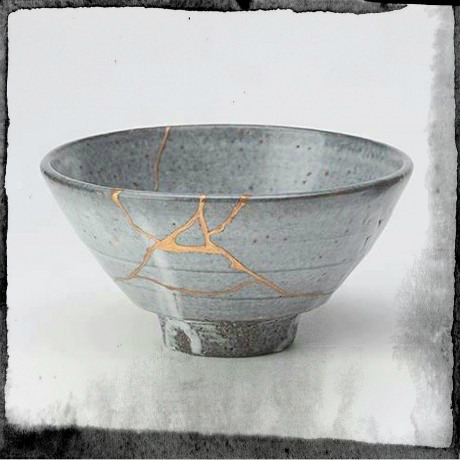One of the three tenets of Imago’s manifesto is this:
Accept what is and become accountable. We have choice in each and every moment, and we seize those choices, making ourselves our greatest and most profound instrument.
I believed it when I wrote it - and still do. Yet in this moment I’m feeling my fidelity to the very idea being challenged. Why, I wonder, do I have to accept and be accountable to situations which I didn’t create and which feel patently oppressive - and hurtful - to me?
The ugly results of systemic of oppression, racism and classism show up in my life on the regular - as they do for so many I know. And it makes me ANGRY. Underneath the anger, I feel the pain. And then the question bubbles up: what does acceptance and accountability look like right now?
“Right now it’s like this.” This simple phrase, popularized by meditation teacher Vinny Ferraro, is like the ocean in a single drop of water. Sitting with what is, I can come to understand that acceptance and accountability do go hand in hand. But, importantly, that acceptance in that moment isn’t about the world - in that moment it’s about my survival and resilience.
As Vinny so eloquently states: “Even though the mind threatens me with the idea that ‘it’s going to be like this forever,’ this phrase helps me call bullsh*t on that.” Because when I let it be, as it is right now - not in the future or the past - I can choose: both the stories I tell myself and what I choose to do next.
I’ve created a desktop wallpaper with the phrase to remind me moment by moment to do my best to just let it be. If you’d find it useful for yourself, you can grab the wallpaper here.











